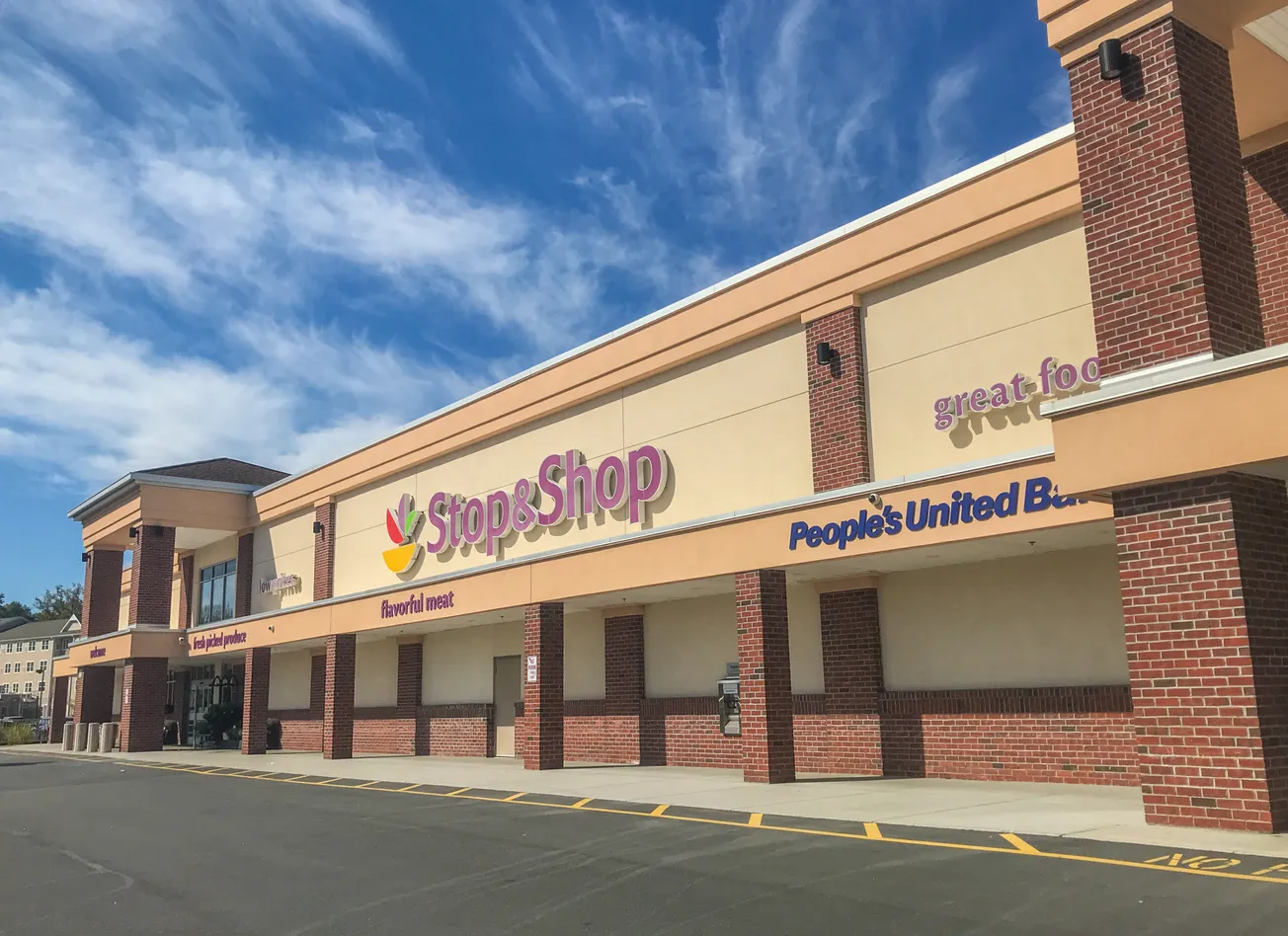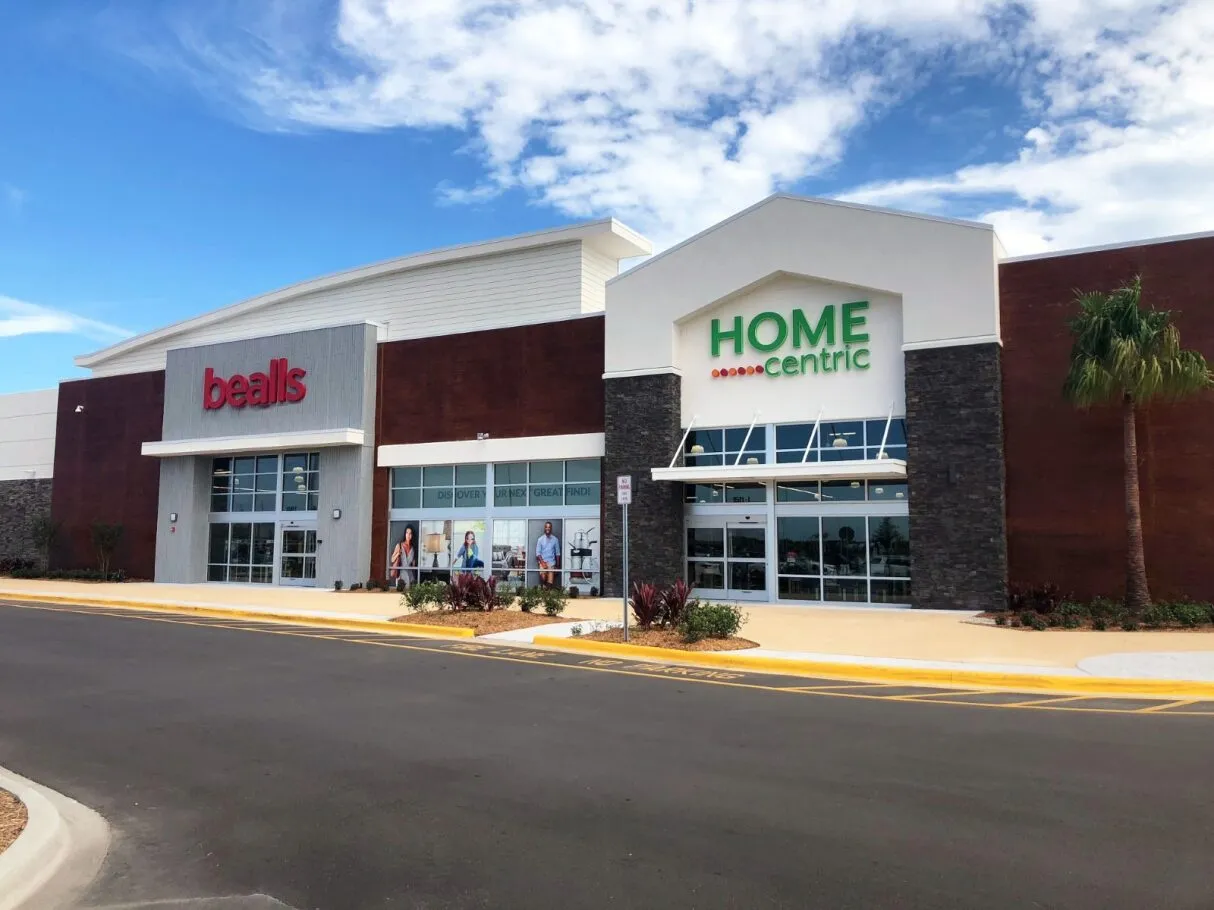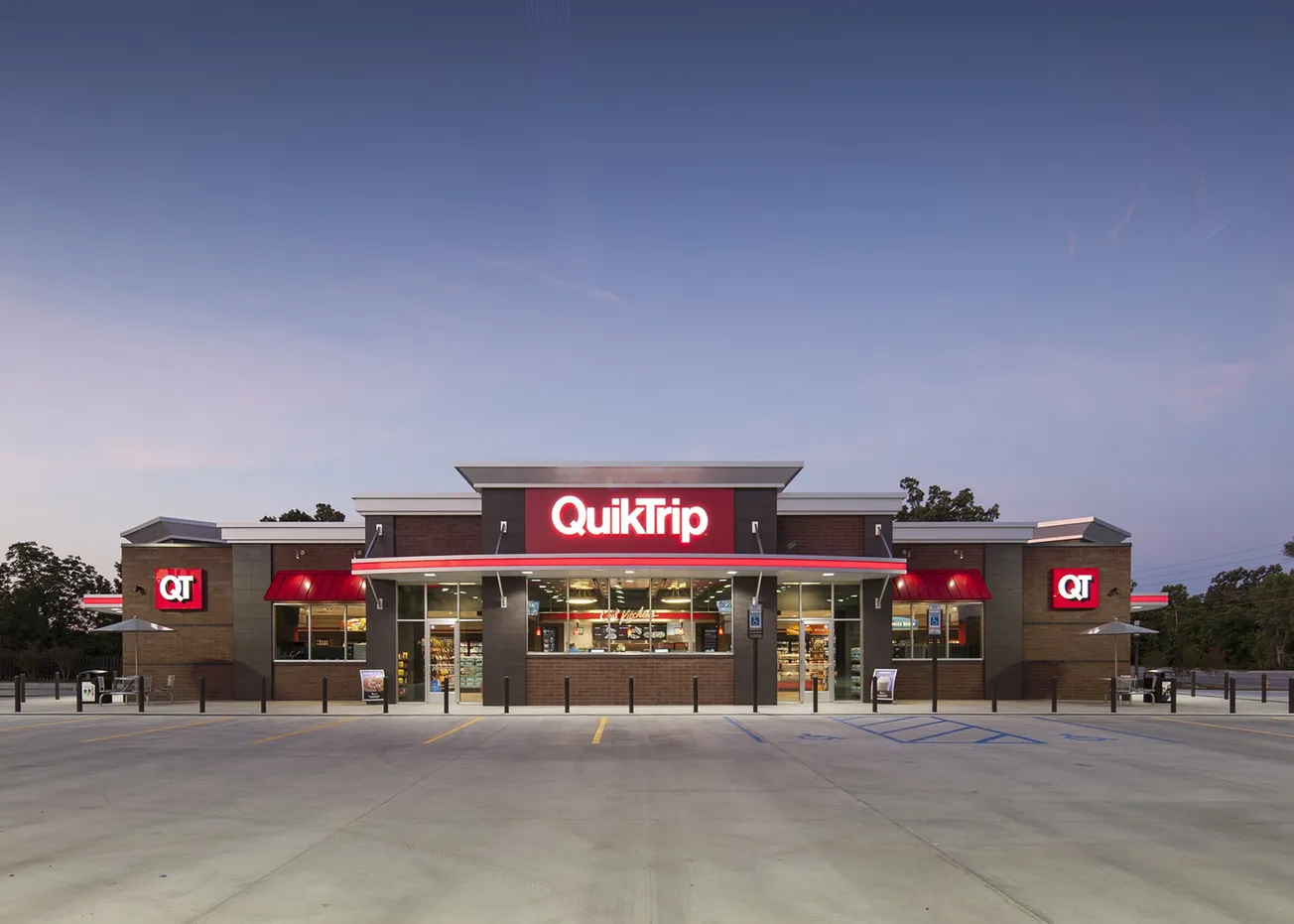Artificial Intelligence, you may have heard, is kind of a big deal, as much in retail as elsewhere. In fact, AI was a big deal in retail before the current gold rush kicked off by the splash success of ChatGPT and other generative AI technologies, though you wouldn’t know it from the media coverage. Because the distinction between genuine AI innovators and Johnny-come-latelies can be difficult to perceive, not to mention a serious danger to any retailer’s bottom line, this article will point out several pitfalls inherent in this particular gold rush as well as how to avoid them.

Let’s start off with answering the question why AI newbies offer subpar retail analytics solutions. The response starts with a lack of industry-specific customization. Retail analytics solutions that have been recently upgraded with AI are often built on generic models that aren’t tailored to unique retail challenges and nuances — so they don’t accurately predict trends, demand or customer behaviors, leading to poor decision making, lower-user adoption rates and overall customer dissatisfaction.
Next, AI newbies tend to have inadequate data integration capabilities. Non-native AI platforms struggle to integrate, process and analyze data from diverse sources such as point-of-sale systems, online sales data, inventory management systems and customer feedback channels — the result is incomplete insights and flawed decision making. To get a comprehensive operational view, retailers may resort to using multiple systems, which increases complexity and the potential for errors.
AI newbies also have limited scalability and flexibility. AI capabilities layered on existing systems simply can’t easily grow with your business or adapt to its evolving needs, especially during peak times like holiday seasons. As data volume increases, these systems are likely to slow down and become less responsive, leading you to invest in new software sooner than you’d expected.
Finally, solutions from AI newbies are likely to be overly complex and have a poor user experience. Due to their immaturity, companies new to AI may develop, or invest in, non-intuitive AI solutions that are challenging to use, require significant training — time spent learning such software detracts from core business activities — and lead to poor user adoption, negating any potential benefits.
So, what should retailers look for in a retail AI platform and vendor?
Retailers should begin their solution search by requiring deep, native AI integration. Analytics companies are scrambling to add AI capabilities to existing platforms, but it’s much better to select a partner with products that are built from the ground up with AI at their core, not as an afterthought. This deep integration ensures seamless operation and advanced functionalities that are intricately woven into every aspect of the platform.
Retail is all about continuous learning and adaptation, so retail tech must be too. Managers need software that’s rich in machine learning models, because it continually learns and adapts, enabling retail operations to navigate ever-changing market dynamics.
All companies need comprehensive and customizable solutions, and retail needs them even more because of the dynamic nature of the industry. Choose a platform with a holistic suite of analytics products that span workforce management, predictive modeling, demand forecasting, inventory optimization, procurement, loyalty, pricing strategies, the works. Each tool should be deeply integrated with AI for unparalleled accuracy and data-driven insights. Avoid fragmented solutions with limited scope.
It’s an understatement to say business decisions in retail are time sensitive so real-time analytics are required. Native AI platforms provide the ability to make real-time decisions and respond swiftly to market changes, crucial in the fast-paced retail sector. Bolt-on AI solutions simply can’t match it.
Another set of capabilities required for the 21st century retailer is flexibility and scalability. Native AI architecture supports extensive customization to meet the industry’s unique needs and ensures the platform scales as business grows. Lesser AI platforms provide rigid, one-size-fits-all solutions that will disappoint in the long run.
Last but not least, retailers should find a vendor with a commitment to technological advancement. Only a partner that continually brings in new technologies and refines existing ones is going to help meet company goals. An ongoing commitment to innovation is a clear differentiator from companies whose AI efforts are primarily about marketing.
By selecting a partner with solutions built with AI from the get-go, retailers can best take advantage of the benefits the technology promises, from vastly improved operational performance and enhanced workforce productivity to stronger engagement with customers.
Prashant Agrawal is founder and chief executive officer of Impact Analytics.







